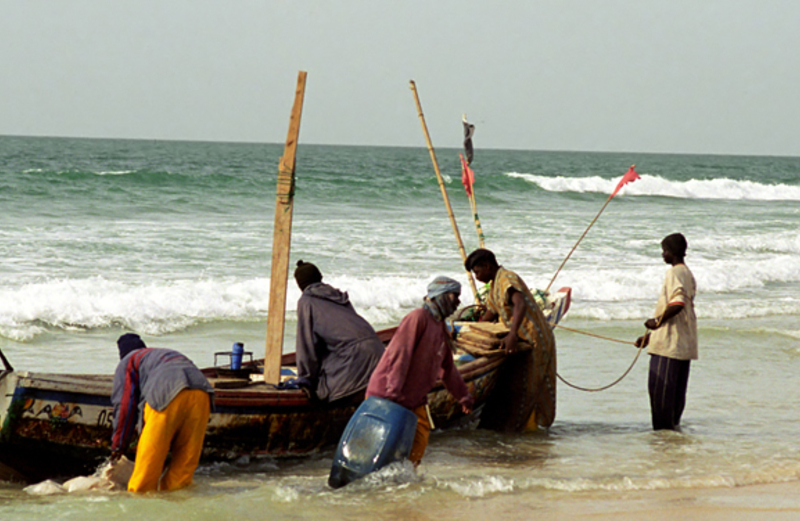AU upbeat of Mozambique’s recovery from worst cyclone

By Charles Mangwiro, Nairobi, Kenya
When Cyclone Idai hit Mozambique, Malawi and Zimbabwe in mid-March, it was one of the worst climate related catastrophes that led to devastation of the greatest magnitude.
The death toll across the three countries reached 1000, with hundreds of people still missing. The devastation has led to a humanitarian crisis for 3 million people, nearly two-thirds of them in Mozambique, and this number will rise. One million people across the three countries need life-saving assistance.
However, the African Union’s Commissioner for Rural Economy and Agriculture, Ambassador Josefa Sacko is confident that Mozambique, will be able to recover after the cyclone destroyed entire towns and villages, and wiped out hundreds of thousands of hectares of farmland on the eve of the next harvest.
This comes after the United Nations has launched an emergency appeal for US $281 (million) to save lives and kick-start the recovery process in Mozambique.
Sacko told a media briefing in Nairobi on the sidelines of the 15thComprehensive Africa Agriculture Development Programme partnership platform that she is hopeful that Mozambique and its neighbors who suffered the worst cyclone will recover but advised a need to build resilience through early warning systems to avoid such calamities in future.
“Climate change is a reality. I am confident that Mozambique will be back on its feet, but we need to create real resilience so that when there is this type of calamity we do not loose lives,” she added that “We want to build capacity in our department at the AU in order to have early warning systems that enables us to measure the magnitude of disasters”.
“We know that, in Mozambique, we are on the front line of climate breakdown. The poor and the most vulnerable will always be the ones to suffer from climate-related disasters. This is what we’re witnessing right now in Mozambique but we should not lose hope”, Sacco said while responding to a question as to whether Mozambique whose port of Beira was worst hit by Idai will bounce back.
Meantime, the World Bank is also supporting the Mozambican government’s goal to improve financial readiness to withstand recurrent natural disasters, such as droughts, flooding and tropical cyclones, the African Union is mobilizing financial resilience against climate related disasters.
“We are helping Mozambique and Zimbabwe through holding round tables with stakeholders to mobilize funds in order to find a solution for city of Beira where people have nowhere to go,” she said adding that “There is a solution which is to build resilience. Once you do that you are adapting to climate change and it means any amount of water can be contained,” Sacco explained to journalists.
The World Bank ranks climate change as one of the threats to global development and efforts to end poverty. Without urgent action, climate change impacts could push an additional 100 million people into poverty by 2030.
